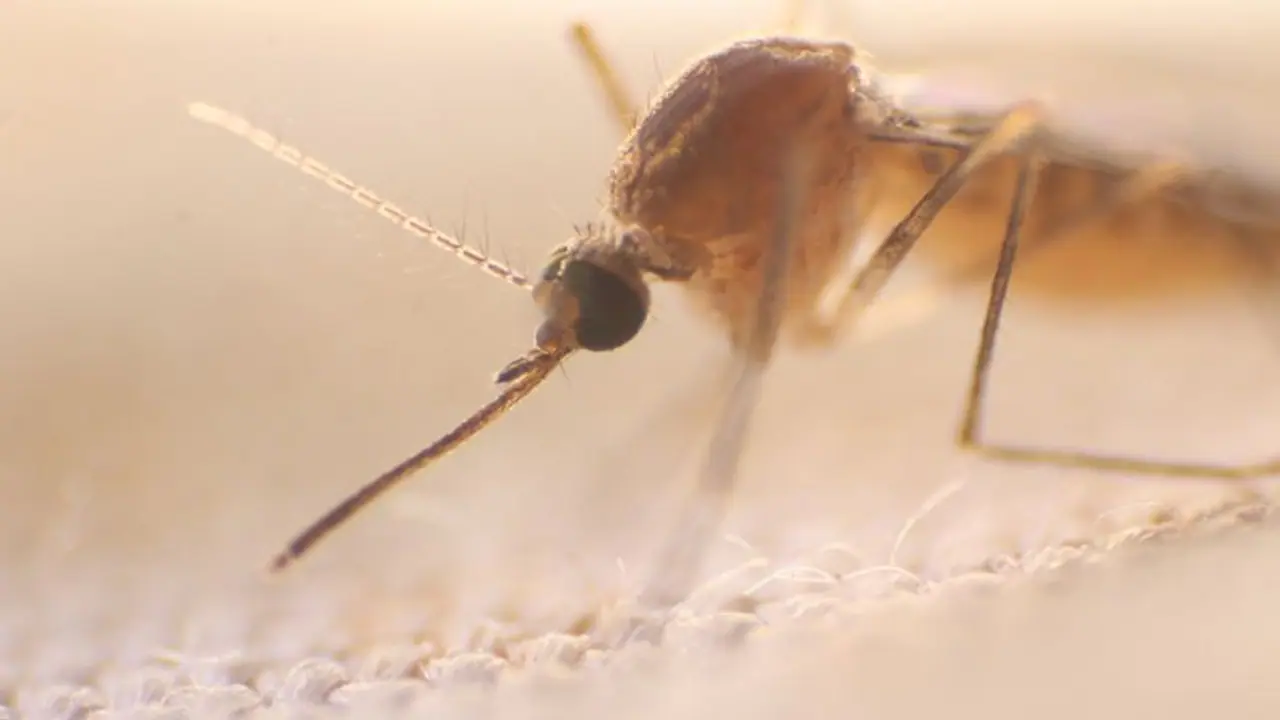It is imperative that we take the essential steps to prevent dengue as much as possible because it is on the rise in India and these details are urgently required. The Dengue Virus (DENV) is the cause of the viral infection.
The bite of an infected Aedes aegypti mosquito transmits dengue disease. Dengue can also be brought on by an Aedes albopictus mosquito bite. In addition to DENV-1 and DENV-2, which are common in India, DENV-3 and DENV-4, which cause severe dengue fever, are the other two types of dengue viruses (DENVs) that can be transmitted through mosquito bites. The yellow fever mosquito, Aedes aegypti, also spreads a variety of other illnesses, including the viruses that cause chikungunya, Zika fever, Mayaro, and yellow fever. This mosquito can be recognised by its lyre-shaped upper marking on the thorax and by its legs, which have unique black and white markings.Dengue is acknowledged by the World Health Organisation as a serious public health issue in tropical and subtropical areas. You are prone to a wide range of symptoms as soon as a mosquito bites you and transmits the dengue virus. High temperature, excruciating headache, aching muscles and joints, exhaustion, nausea, vomiting, skin rash, and slight bleeding from the gums or nose are a few of these symptoms. It's crucial to remember that dengue symptoms might differ.

ALSO READ: Here are 6 shocking reasons you should wash your pillows as soon as possible
It's crucial to remember that dengue symptoms can vary and, in extreme circumstances, might even cause consequences like severe bleeding, organ damage, and a low platelet count. Dengue shock syndrome (DSS) or dengue hemorrhagic fever (DHF) may arise from this. Dengue must be diagnosed using a combination of clinical assessment, medical history, and laboratory investigations. Blood testing can also reveal whether the dengue virus is present or whether an infection has developed antibodies.
However, damp shower floors and toilet tanks found inside of dwellings are particularly attractive to Aedes aegypti mosquitoes. In water containers with specific compounds produced by microorganisms linked to decaying leaves and organic waste, female mosquitoes are encouraged to lay eggs. They find these substances more appealing than unfiltered or pure water. Wear long-sleeved apparel, full-sleeve shirts or tees and long trousers when you're outside during the day and at night to avoid getting bitten by mosquitoes. If your bedroom does not have air conditioning or a screen, use mosquito netting over your bed and treat it with permethrin for additional protection.
ALSO READ: Parenting 101: Teach good and Bad Touch for your child's protection
